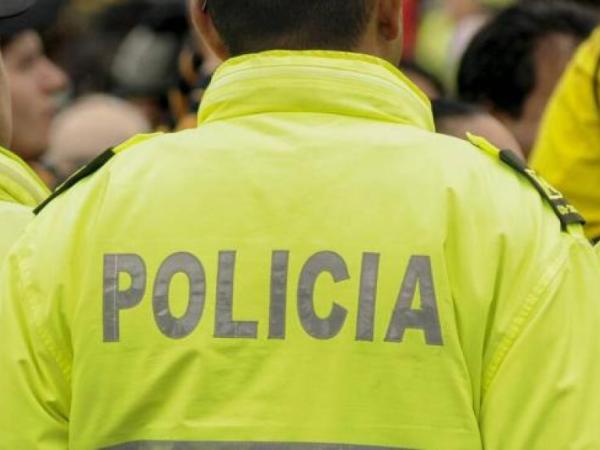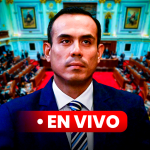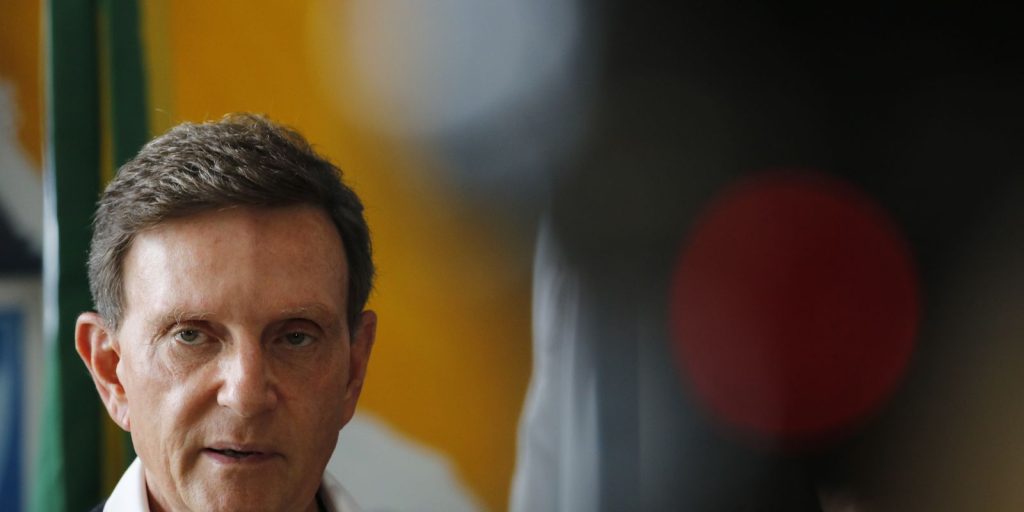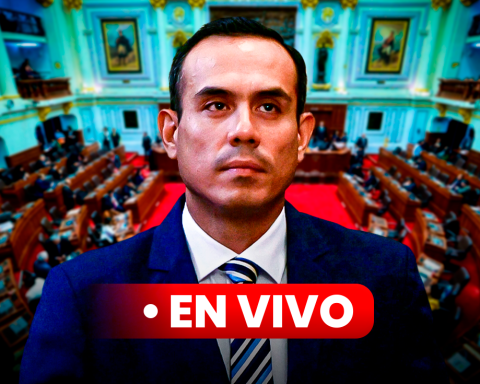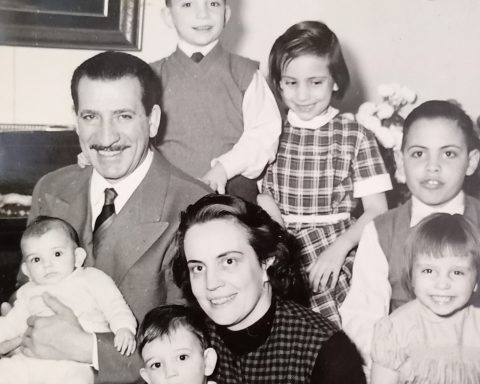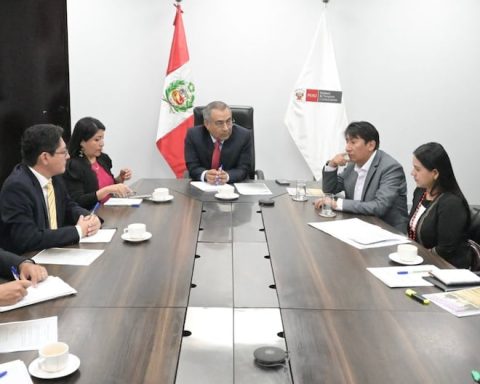Through the Decree 1231 of 2024the National Government regulated “the differentiated and proportional use of force by the National Police”. The standard, among other things, aims to strengthen the professionalization and education of uniformed personnel in its use.
The document, made up of seven chapters, establishes that the Police must use, to the extent possible, “preventive and dissuasive means before resorting to the use of force or firearms.” This includes mechanisms such as assertive communication, mediation, dialogue, persuasion, among others.
It is also mentioned that the use of force and firearms will only be allowed when other means are ineffective or do not guarantee in any way the achievement of the intended objective. This is to better guide decision making.
The decree also defines that the level of force used, the means and methods used “They must be consistent with the behavioral variables, which implies an assessment between the situation that the uniformed officer faces and his response, considering the potential damage that could be caused.”
(More news: CNE opens formal investigation against Petro for financing his presidential campaign)
Police
AFP
(See: Controversy at the dialogue table about paid sexual activities in Colombia)
For what circumstances does it apply?
The standard also indicates the conditions of time, manner and place that the authorities must evaluate, whenever it is necessary to use force when carrying out an intervention.
In terms of time, it is established that the uniformed personnel must “determine the specific moment in which it is strictly necessary, timely, precise and appropriate for its use, with the purpose of achieving the legal objective in the shortest possible time and with the least impact on the protected legal assets, avoiding to the extent of possible to affect third parties or people who are cooperative or do not offer a level of resistance.
Regarding the mode, the text defines that, according to the behavioral variables, technical and tactical maneuvers will be determined that lead to the use of weapons, ammunition, less lethal elements and devices by the uniformed National Police, counteracting violent or illegal actions of the law by offenders.
And adds that “Within decision-making, the uniformed personnel of the National Police must be clear about the legal objective to be achieved and the consequences of the use of force and the possible impact on human and fundamental rights.”
Likewise, it is highlighted that the authorities will have to analyze the physical characteristics of the place “weighing the possible results that may arise according to the place, area or jurisdiction to intervene.”
(More news: Owners of Sanitas notify international dispute to the State for forced intervention)

Police
Barranquilla Metropolitan Police
(Read more: What would await the labor reform in the Senate? President of Congress responds)
Obligations of uniformed officers
Decree 1231 of 2024 defines that any police intervention in which a uniformed officer uses force will have to be reported to his superiors. It also establishes that officials are not obliged to obey an unlawful order.
According to the rule, the authorities will not be able to claim “compliance with superior orders to avoid responsibilities in case of abuse of these rules.” It is also noted that the report on the use of force must indicate the nature of the police activity that has been provided, as well as the conditions of time, manner and place that justified said use.
It should be remembered that the Police have 18 months to enforce compliance with the decree, during which time the uniformed personnel must be trained.
(See: Analysis: pros and cons of the regions receiving more money)
PORTFOLIO
